Pilates Brighton
Intro Offer: Try a Class for £10Pilates is complete coordination of body, mind and spirit
Pilates is one of the most well-known forms of exercise in the world, and super popular here in Brighton. People have been practicing it for decades. With over 20 million people regularly practicing pilates globally, its many benefits to both body and mind are clear.
We teach mat-based Pilates here at our studio in Brighton. Our classes are based on a series of exercises performed on the floor using gravity and your own body weight to provide resistance. The main aim is to condition the deeper, supporting muscles of your body to improve posture, balance and coordination. Pilates lengthens and stretches all the major muscle groups in the body in a balanced fashion. It improves flexibility, strength, balance and body awareness.
INTRO OFFER: First Class £10
*Available to new participants only & max 1 per person.
Intro Offer: First Class for £10
*Available to new participants only & max 1 per person.
What is Pilates?
It is a very effective yet low-impact movement system that strengthens muscles while improving postural alignment and range of motion.
Pilates also cultivates awareness of your body to support your everyday movements like carrying groceries. Pilates mainly targets the powerhouse muscles like the abdominals, lower back muscles, and glutes. According to Joseph Pilates, these muscles are the center of the body, and when they are correctly strengthened, they offer a solid foundation for any movement.
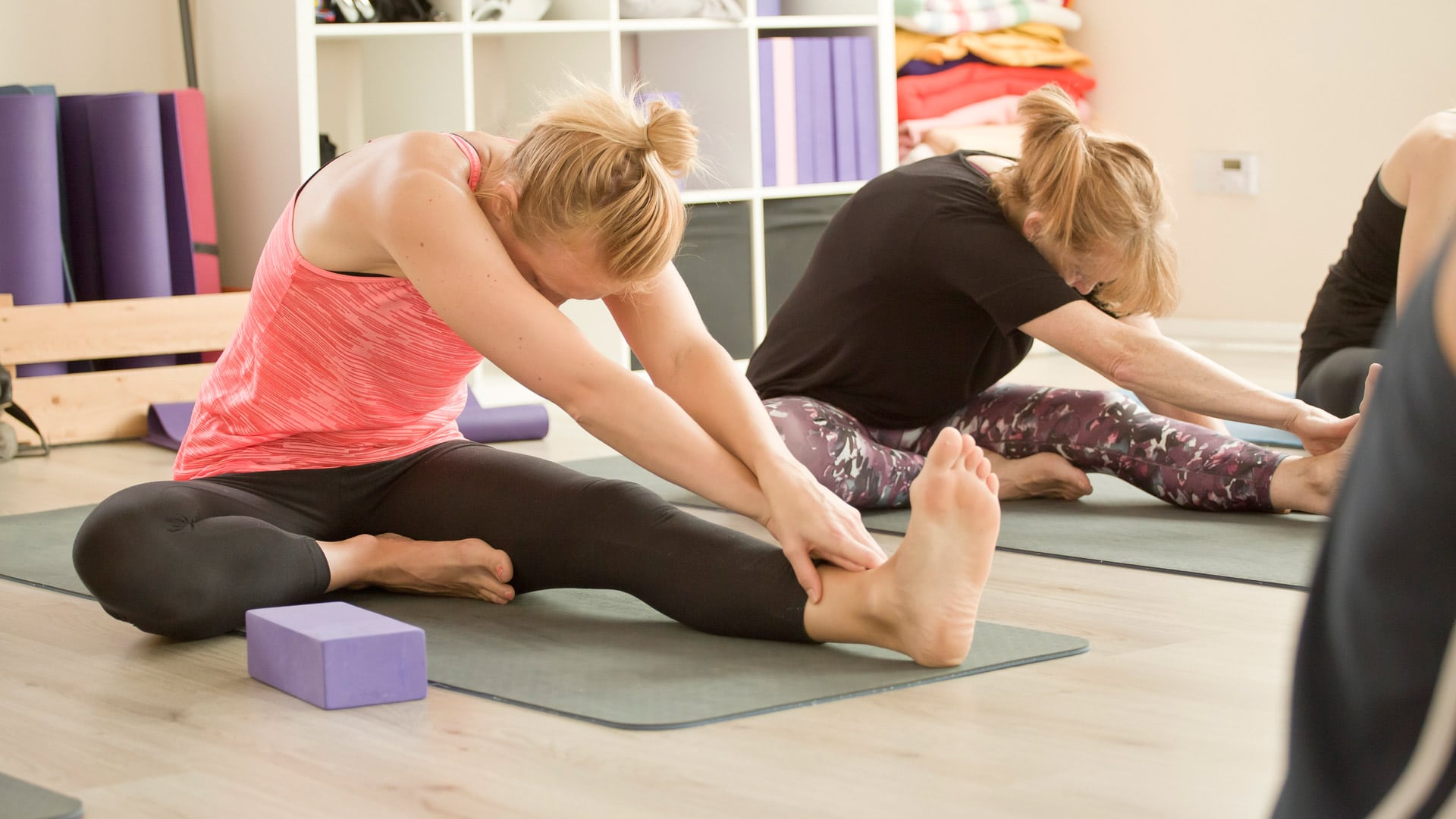
A Short History of Pilates
Pilates was invented and developed by a German physical trainer called Joseph Pilates. Joseph was a child who was actually in feeble health and had suffered various conditions from asthma, rickets, and rheumatic fever.
However, he had found that physical activities improved his health, so he started to be involved in multiple displaces such as gymnastics, martial arts bodybuilding, and boxing and developed a movement pattern called Contrology. In his book published in the mid-1940s with William Miller, “Return to Life through Contrology,” Joseph Pilates lays out his revolutionary fitness strategy that teaches you to achieve balance in your body. His balanced body and mind concepts were drawn from early Greeks’ approaches to fitness and exercise. It focuses on building strength and flexibility through body awareness so that you can move more efficiently, without injury.
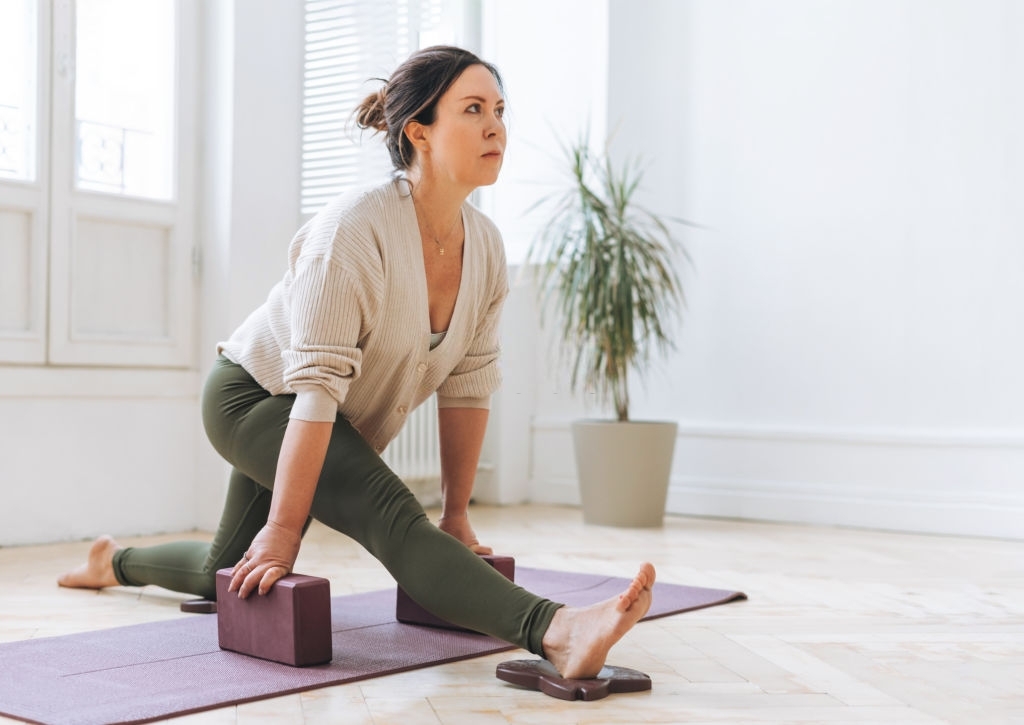
What are the Benefits of Pilates?
Pilates is not just a fitness routine like most people think. It’s a lot more than that. Pilates is a very profound exercise system and lifestyle that helps to improve mobility, posture, balance, and coordination.
It also helps to develop strength, better body awareness, and more balanced energy levels. It can also be used as part of rehabilitation to help with back pain, shoulder problems, and some types of arthritis. In addition, Pilates is a great way to combat the adverse effects of ageing, such as deteriorating bone density which can lead to osteoporosis or other issues related to chronic inactivity.
Some people find Pilates difficult at first, but our team of Brighton based teachers are experts at teaching beginners. Then, when you grasp its full benefits, you will be absolutely converted.
How can I start practicing Pilates in Brighton?
Pilates is generally practiced in a group setting with a Pilates Instructor. Although you can start alone, we also recommend that you join one of our classes, where we teach you the basics to begin implementing Pilates into your daily routine as you gain more confidence.
Our Pilates classes are perfect for every level. They are led by our passionate and experienced Pilates Instructors and are suited for all levels from beginners to advanced. We only teach Pilates on mats at our studio here in Brighton, but you can, of course, start using springs and reformers at home as your progress.
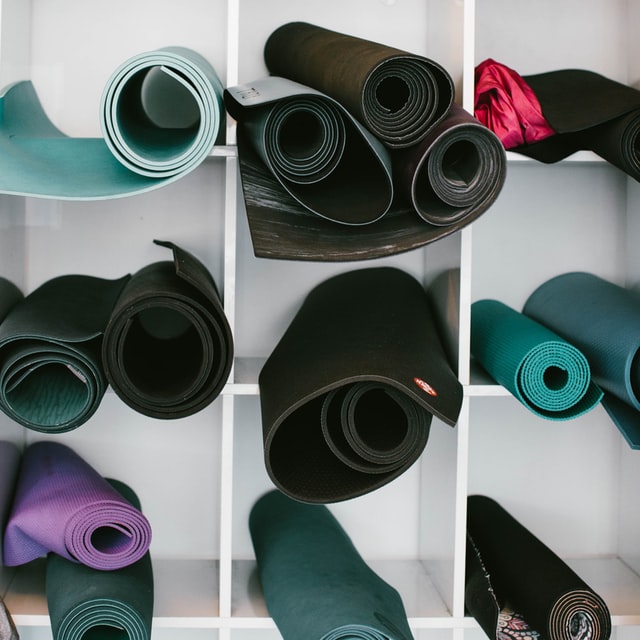
Are there different types of Pilates?
There are two types of Pilates: Mat-based Pilates and Reformer Pilates.
Reformer Pilates is a type of Pilates that uses special equipment. There are different types and pieces of equipment. You have the reformer which looks like a table with springs on it, the Cadillac, or high-intensity machine, for example. These machines are designed to provide you with more support throughout your workout and reformer Pilates is performed on the reformer machine. To those of you who don’t know what a reformer looks like, it is a massage table with springs and pulleys on it. Using a Reformer is generally more intense and dynamic than practicing Pilates on a mat because of the extra resistance provided by the springs of the Reformer.
What is the difference between Yoga and Pilates?
Yoga and Pilates are often placed into the same category, but they are different. There’s a lot more floor work compared to yoga classes.
Yoga is more meditation-based and focuses on flexibility, while Pilates is all about building core strength. When you do Pilates, the postures are held longer than they would be in traditional yoga classes so that your muscles can contract more fully to create a more robust and leaner muscle tone. In addition, Pilates exercises include movements with weights or other equipment that help strengthen major muscle groups and provide stability for joints and spine alignment. If you’re looking for an alternative form of exercise, Pilates is unique!
How often should I do Pilates?
Trying to answer the question “How often should I do Pilates” isn’t easy.
There are many factors, such as your fitness level, age, pilates experience, and of course, your pilates goals. In general, if you have not done Pilates before, we’d advise coming along to one of our classes (Int Link to Classes), where we teach you the correct movements.
How long does it take to see the effects of Pilates?
It can take anywhere from a few weeks to one year, depending on where you’re starting from.
Although it can help, Pilates is not for people looking to lose weight or get “ripped” – it’s about developing core strength and stability. It’s also important to mention that there is no cookie-cutter “pilates program” – every person marches at their own pace according to their needs and baseline fitness level. So how quickly you see the impacts of Pilates depends primarily on your attitude toward taking care of yourself, what your daily life looks like influenced by the work and distractions that make up your day-to-day, as well as how regularly you practice. So the key is to be patient with it.
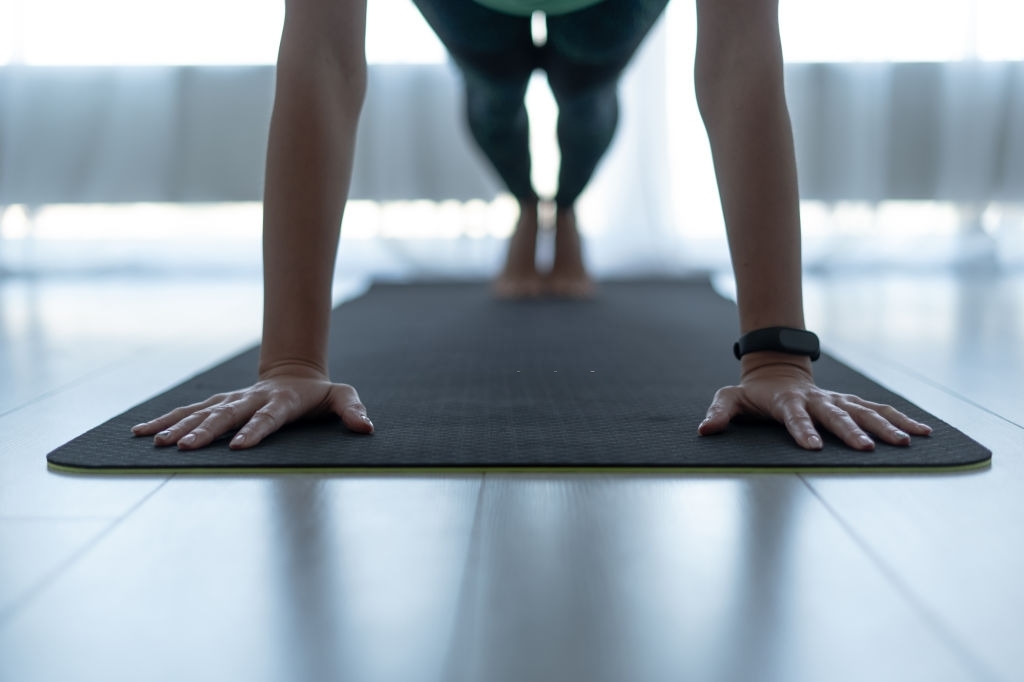
Can Pilates help me lose weight?
The jury is still out on whether or not Pilates can help you lose weight.
That’s large because very few studies have been done where the intervention is just Pilates and not combined with diet, exercise, and other interventions such as cognitive-behavioral therapy. In theory, it should work, but many people need a supplemental exercise routine to maintain their current weight while doing Pilates.
Can Pilates help reduce belly fat?
Pilates is great at increasing muscle tone in spefici body areas. There are many different types of pilates exercises that target the stomach, including plies and side bends. Pilates is not just about strengthening the muscles in your hips and abdominals. Pilates routines also help boost your upper back (the thin muscle at the base of your neck). This prevents you from slumping too far over your food with poor posture like people who suffer from chronic pain or who often carry weight on their belly – both catalysts to long-term back problems.
Maintaining an upright posture helps eliminate these two risks simultaneously! Pilates does more than slim down tummies – it changes their shape and apparent size which is more important.
INTRO OFFER: Try a class for £10
*Available to new participants only & max 1 per person.
First Class for £10
*Available to new participants only & max 1 per person.
Contact us
(+44) 7555 058 983
tom@energyforlifefitness.com